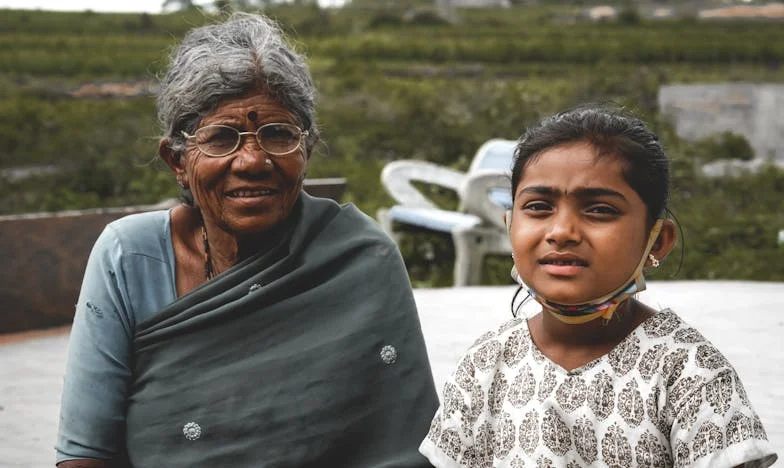“Bring the Grandkids, But Don’t Forget the Wallet”: A Permanent Solution to Family Visits
Nathan and Ellie had always been the pillars of self-sufficiency in their small community in rural Vermont. Their backyard was a lush canvas of greens, reds, and yellows, with rows of vegetables that they had tended with love and care over the decades. It was more than just a garden; it was a testament to their commitment to a natural, healthy lifestyle.
As the years rolled by, the physical demands of gardening began to take a toll on both Nathan and Ellie. Nathan, once able to till the soil from sunrise to sunset, now found his back aching after just a few hours. Ellie, who could tell the name of every herb by its scent, started to forget where she planted the new seeds. Their garden, once a source of pride and joy, became a reminder of their waning strength and vitality.
Their children, Bruce and Harper, lived in the city, busy with their careers and lives. Visits were infrequent, usually during the holidays or on special occasions. Nathan and Ellie looked forward to these visits, not just for the company but for the help in the garden. However, as Bruce and Harper’s families grew, the visits became more about supervision than soil.
One summer, Bruce brought his two children, Vincent and Cora, hoping to give them a taste of country life and to ease the burden on his aging parents. Nathan and Ellie were thrilled at the prospect of teaching their grandchildren the joys of gardening, hoping to pass on their legacy.
The reality, however, was far different. Vincent and Cora, accustomed to the instant gratification of digital gadgets, found the manual labor boring and tiring. They complained incessantly, which strained the patience of both Nathan and Ellie. The generational gap seemed wider than ever, and the visit ended with unspoken frustrations on both sides.
After Bruce and his family left, Ellie suggested a new rule for future visits. “Bring the grandkids, but don’t forget the wallet,” she said half-jokingly to Nathan. The idea was simple: if their children wanted them to watch over the grandkids, they should also provide financial help for hiring some local youths to maintain the garden. It was a practical solution, but it carried a weight of sadness for Nathan and Ellie. It was an admission that they could no longer handle their cherished garden on their own.
The next time Bruce called to arrange a visit, Nathan explained the new rule. There was a pause on the other end of the line, a silence that spoke volumes. The conversation that followed was filled with awkward justifications and a palpable sense of disappointment. The call ended with a promise from Bruce to “think about it,” but both Nathan and Ellie knew what that meant.
Months passed without a visit. The garden grew wilder, with weeds choking the once-neat rows of vegetables. Nathan and Ellie spent more time on their porch, looking out over the untamed greenery, reminiscing about better days. The phone rang less frequently, and the vibrant laughter of their grandchildren faded into a distant memory.
In their quest to preserve their way of life and their independence, Nathan and Ellie had inadvertently built a wall between themselves and their family. The garden, once a bridge between generations, had become a barrier. As winter approached, the cold seeped into more than just their bones; it settled into their hearts, a chill that no fire could warm.
